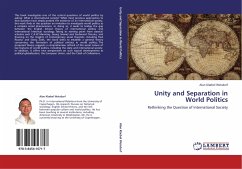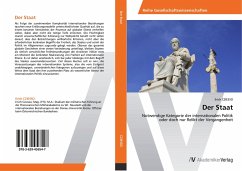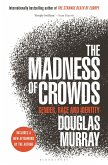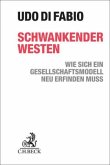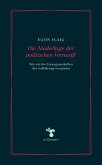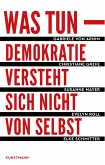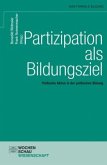This book investigates one of the central questions of world politics by asking: What is international society? While most previous approaches to that question have simply posited the existence of an international society, this work finds in the question an invitation to investigate world politics as a complex social phenomenon. In doing so, it seeks to bridge the gap between the English School theory of international politics and international historical sociology.Taking its starting point from classical scholars such C.A.W Manning, Georg Simmel and Ferdinand Tönnies, and drawing on the insights of contemporary social theorists, including Paul Ricoeur and Slavoj Zizek, the book seeks to establish a general theory concerning the formation of political entities in world politics.The proposed theory suggests a comprehensive rethink of the social nature of key features of world politics, including the state and international society. In addition, it offers new perspectives on such topical developments as political globalization, the European Union, and the Clash of Civilizations.
Bitte wählen Sie Ihr Anliegen aus.
Rechnungen
Retourenschein anfordern
Bestellstatus
Storno

